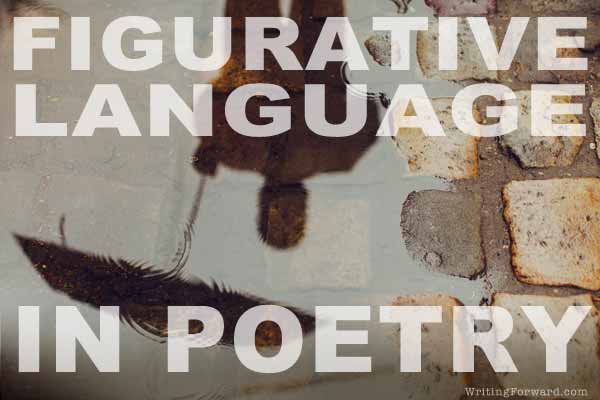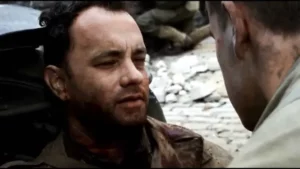“Unlocking the Secrets: How Figurative Language Transforms Ordinary Words into Poetic Masterpieces!”
We all know that it’s best to avoid stale clichés in writing, but fresh figurative language enhances our work. And whether it’s fresh or not, almost everyone uses figurative language, but why?
Here are just a few reasons figurative language is so effective:
- Figurative language adds dimension to our prose and poetry, allowing us to say things with more flair and color. Figurative language tends to be vivid, so it pops and comes alive in people’s imaginations.
- Figurative language allows us to say more in fewer words. We can often express an idea in a single sentence using figurative language, but it would take a full paragraph to communicate that same idea in literal terms.
- We often use figurative language in imagery (sensory details), making our language more sensuous and visceral.
- Figurative language engages our emotions. “He’s very old” simply doesn’t inspire the same emotional response as “He’s as old as the hills.”
- Figurative language allows us stronger or more intense expressions; this is commonly seen in the use of vulgarity, which is often used figuratively and to add intensity to an expression.
Literary Devices That Embody Figurative Language
Many literary devices, which are common in poetry, employ figurative language. Here are a few examples:














Post Comment